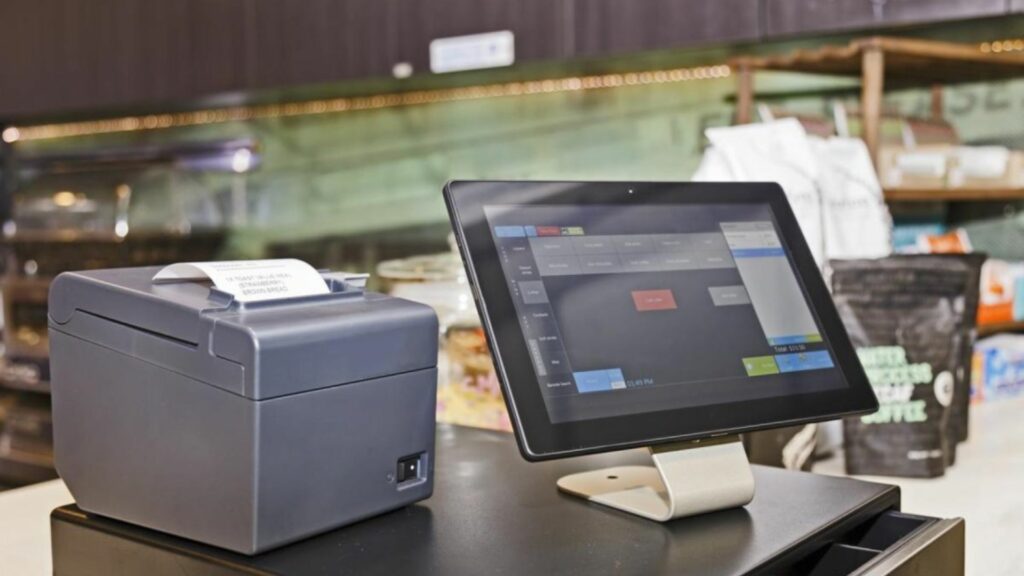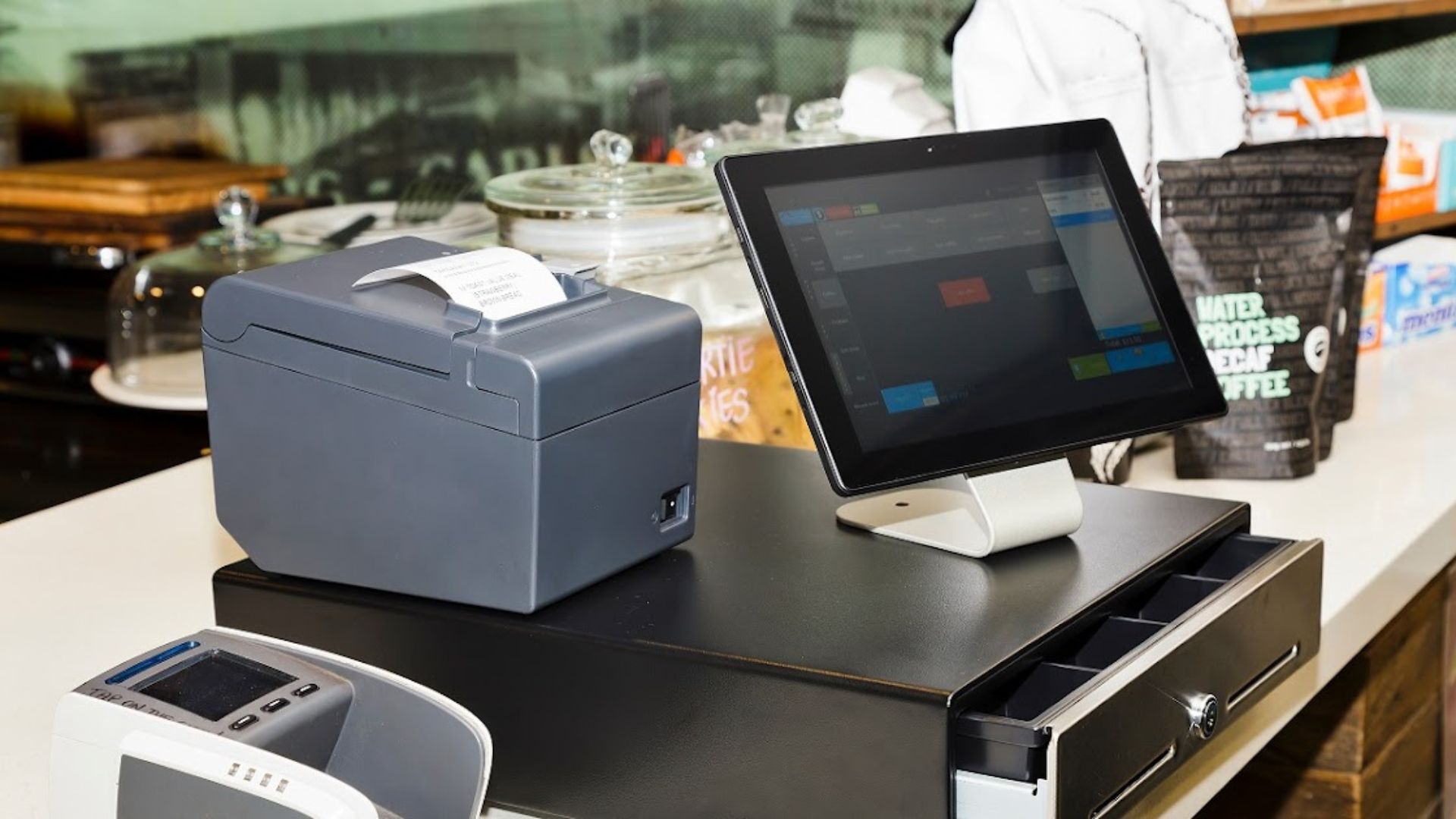In today’s fast-paced business environment, having a reliable point-of-sale (POS) system is essential for efficient operations. One significant feature that modern POS systems offer is offline capabilities. This article will delve into the advantages of utilizing POS systems with offline capabilities, highlighting how they can benefit businesses in various industries.
What are Offline Capabilities in a POS System?
Before diving into the advantages, let’s first understand what offline capabilities mean in the context of a POS system. Offline capabilities refer to the system’s ability to continue processing transactions and storing data even when an internet connection is unavailable. In other words, it allows businesses to carry out sales and perform other POS functions without relying on a stable internet connection.
Ensures Uninterrupted Operations
For businesses operating in areas with unreliable internet access or during network outages, having a POS system that can function offline is crucial. It enables staff to continue serving customers and processing transactions without disruption.

Increases Mobility and Flexibility
POS systems with offline capabilities offer increased mobility and flexibility for businesses, particularly those with mobile or pop-up operations. Whether it’s a food truck, a market stall, or a temporary event, having a POS system that can function offline allows businesses to accept payments and manage inventory on the go. This flexibility enhances customer service and expands revenue opportunities.
Enhances Data Security
Offline capabilities also contribute to enhanced data security for businesses. Since transactions and sensitive customer information are stored locally on the POS system during offline mode, there’s a reduced risk of data breaches or unauthorized access. This added layer of security provides peace of mind to both businesses and customers, knowing that their data is protected even in offline scenarios.
Improves Customer Experience
Another advantage of POS systems with offline capabilities is their ability to improve the overall customer experience. In retail environments, for example, customers expect quick and seamless transactions. With offline functionality, businesses can process transactions swiftly, minimizing wait times and ensuring a positive shopping experience for customers. Additionally, offline capabilities enable businesses to continue serving customers during peak hours without delays caused by internet connectivity issues.
Facilitates Remote Locations and Events
Businesses operating in remote locations or participating in off-site events can greatly benefit from POS systems with offline capabilities. Whether it’s a trade show, a festival, or a temporary pop-up store, these systems enable businesses to set up shop anywhere, regardless of internet availability. This opens up new opportunities for sales and brand exposure, allowing businesses to reach customers in diverse settings.
Simplifying Operations
POS systems with offline capabilities simplify operations for businesses, especially in environments where internet connectivity is unreliable. Staff can focus on serving customers and completing transactions without worrying about network disruptions, leading to smoother day-to-day operations.
Reducing Downtime
Another advantage of POS systems with offline capabilities is the reduction of downtime. In the event of internet outages or technical issues, businesses can continue processing transactions seamlessly, minimizing potential revenue losses and maintaining productivity.
Enhancing Accessibility
Offline-capable POS systems enhance accessibility for businesses operating in areas with limited internet infrastructure. Whether it’s a rural location or a busy urban area with network congestion, businesses can operate efficiently without depending solely on internet connectivity.
Enabling Real-Time Inventory Management
POS systems with capabilities often include features for real-time inventory management. Even when offline, these systems can track inventory levels, update stock counts, and generate alerts for low inventory items. This ensures that businesses can manage their inventory effectively, reducing stockouts and overstocking.
Empowering Remote Sales Teams
For businesses with remote sales teams or multiple locations, POS systems with capabilities empower employees to conduct transactions independently.
Conclusion
In conclusion, POS systems with offline capabilities offer numerous advantages for businesses across various industries. From ensuring uninterrupted operations and increasing mobility to enhancing data security and improving customer experience, the benefits are undeniable. By leveraging the offline functionality of modern POS systems, businesses can stay agile, secure, and responsive to the needs of their customers, ultimately driving growth and success.
